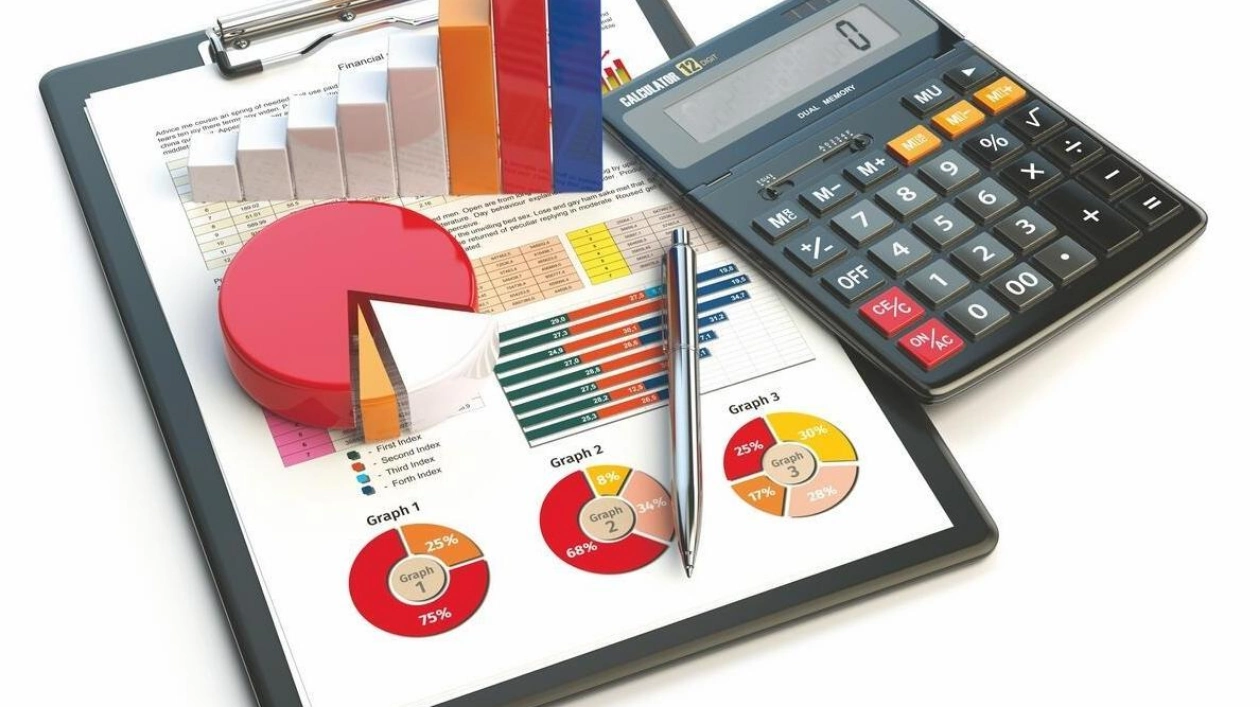The UAE is poised to introduce a comprehensive e-invoicing system by 2026, reflecting its dedication to modernizing and digitizing the economy. E-invoicing, which involves structured digital invoice data, facilitates seamless electronic exchanges between suppliers and buyers, ensuring adherence to UAE Federal Tax Authority (FTA) regulations. Notably, invoices in PDF, Word, or scanned formats do not meet the criteria set by the Ministry of Finance (MoF) for e-invoices.
The UAE government has been proactive in modernizing its financial and taxation frameworks to boost transparency, combat fraud, and streamline business operations. This initiative underscores the UAE's progressive vision to enable real-time invoice exchanges, improving tax reporting efficiency and fostering a digitally resilient economy. The e-invoicing system is designed to support the UAE's aspiration for a digital, paperless economy, with key goals including fostering a modern digital economy, reducing tax discrepancies, preventing evasion, and creating a balanced business environment. This particularly aids micro-businesses by providing access to affordable digital tools.
Additional advantages include a potential 66% reduction in invoice processing costs for businesses and government entities. Through automation and standardization, e-invoicing minimizes errors, accelerates payments, and simplifies tax compliance. According to MoF regulations, all business-to-business (B2B) and business-to-government (B2G) transactions must adopt the e-invoicing model, irrespective of the VAT registration status of the entities involved.
The UAE has adopted a 'Decentralised Continuous Transaction Control and Exchange' (DCTCE) model, also referred to as the 'decentralised 5-corner model,' which was introduced by PEPPOL. This international network facilitates secure electronic document exchange through an Accredited Service Provider, enabling global connectivity for businesses. The five primary stakeholders in this model are the supplier, the supplier's accredited service provider, the buyer's accredited service provider, the buyer, and the Federal Tax Authority.
In this e-invoicing framework, only UAE-accredited service providers are authorized to transmit invoice data to the FTA's central platform, ensuring compliance and security. Prior to transmission, service providers must validate all invoice fields against the UAE data dictionary standards. In cases of self-billing, buyers are required to generate the e-invoice, share it with the seller, and report it to the FTA via an ASP. Businesses will need to establish agreements with accredited ASPs once the MoF publishes the official list, ensuring their systems are equipped to handle e-invoicing.
For tax groups, each member must have an endpoint via a UAE Accredited Service Provider. While the group's Tax Registration Number must appear on invoices, the endpoint details should correspond to the specific group member involved in the transaction. For exports, it is not mandatory for overseas buyers to register with a UAE Accredited Service Provider unless required by UAE VAT and Corporate Tax law. If the overseas customer is already registered within the PEPPOL network, their electronic address must be provided for transaction processing. If not, the seller must transmit the invoice externally via email, with the seller's ASP reporting the invoice to the FTA.
The implementation of the e-invoicing system will follow a phased approach, providing businesses with sufficient time to comply. Key milestones include initiating accreditation procedures for UAE service providers by Q4 2024, completing ASP accreditation and UAE Data Dictionary development by Q2 2025, and the Phase 1 go-live for e-invoicing reporting by Q2 2026. This gradual rollout aims to facilitate a smooth transition to e-invoicing across the nation, reinforcing the UAE's commitment to a transparent, efficient, and technology-driven economy.
Source link: https://www.khaleejtimes.com






